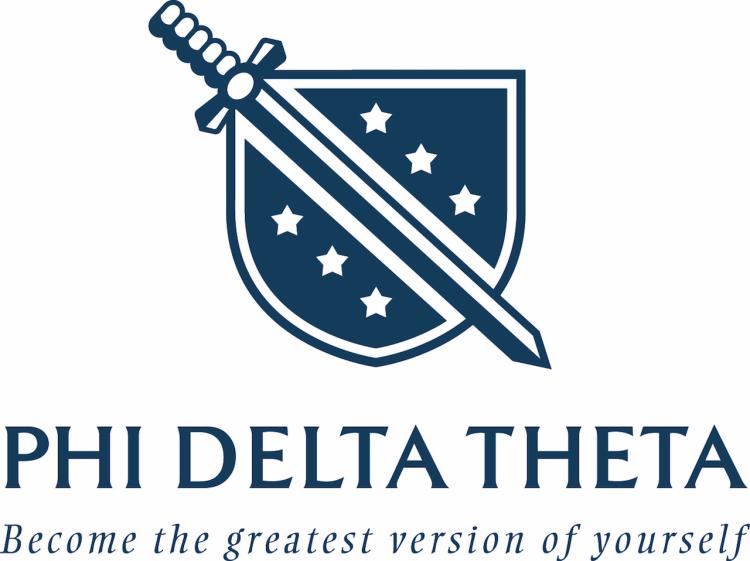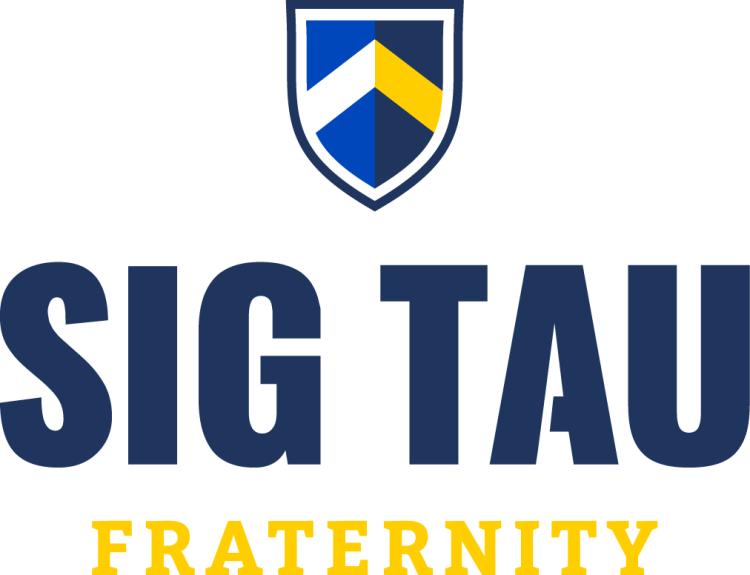CU Boulder launches fraternity council for first time since 2005
After a 12-year hiatus, CU Boulder announced today that it will launch its own officially recognized Interfraternity Council, with two fraternities signed up to start chapters in the upcoming academic year.


Phi Delta Theta, with an extensive local alumni network, will return to Boulder after founding a chapter here in 1902 and leaving campus in 2002. Sigma Tau Gamma, currently with 76 chapters across the country, will start its second chapter in the state with the addition of CU Boulder.
“We are thrilled to welcome Phi Delt and Sig Tau as the founding members of our new IFC,” said Christina Gonzales, CU Boulder vice chancellor of student affairs. “We know that, for some students, being a member of a fraternity or sorority builds community, provides a support network and frames lasting friendships well beyond their college years. For these reasons and more, it was important for us to bring back officially recognized fraternities in a responsible way. We are in talks with other fraternities, too, and hope we’ll continue to grow this IFC.”
CU Boulder is believed to be the only university in the country with a Greek program where fraternities are not directly affiliated with the school, but other Greek organizations are. (At CU, Panhellenic sororities and Multicultural Greek communities are recognized by the university).
CU and social fraternities cut ties in 2005 after the alcohol-poisoning death of pledge Lynn “Gordie” Bailey Jr. Fraternities at the time refused to sign an agreement with CU outlining certain conditions aimed to increase safety, accountability and student success. Those fraternities then formed their own off-campus council that was never recognized by the university, nor provided privileges received by official student organizations.
New members of the CU Interfraternity Council are required to sign a Recognized Social Greek Organizations (RSGO) agreement that includes provisions to follow all university policies. Some benefits that RSGOs receive include:
- Marketing via CU Boulder messaging channels, including student newsletters, university websites and social media channels.
- Free access to campus resources for presentations, such as Title IX/sexual misconduct prevention training, alcohol education and finance training.
- Campus support for recruitment, including interactions with new students during New Student Welcome programming.
Phi Delta Theta, the largest fraternity to feature an alcohol-free housing policy, was founded in Oxford, Ohio, in 1848 on the principles of friendship, sound learning and rectitude and has grown to include 191 chapters and colonies. Sigma Tau Gamma was founded in Warrensburg, Missouri, in 1920 to be a fraternity of courageous and noble gentlemen who always endeavor forward.
Leaders of both fraternities said they are eager for the opportunity to start CU’s Interfraternity Council.
“Phi Delta Theta is incredibly excited about returning to the CU Boulder campus, and re-establishing our historic Colorado Alpha Chapter,” said Bob Biggs, executive vice president and CEO of Phi Delta Theta. “This effort aligns with our organizational approach of supporting our students through long-lasting university partnerships. We look forward to working with our future group to create a values-based fraternity experience.”
Steve Latour, Sigma Tau Gamma CEO, said the fraternity decided to partner with CU administrators and Phi Delta Theta because all parties have a “mutual responsibility to ensure that future generations of fraternity men are supported by an active and robust CU Boulder IFC.”
“Since 1920, we have always been a fraternity driven to bring courageous and noble gentlemen together to learn from one another, share in brotherhood, and support the campus and community we call home,” Latour said. “All of this is based on the understanding that we would create a safe and welcoming environment for each member. So when CU Boulder set out to redefine its relationship with fraternities and form the new IFC, we knew we had to be a part of this historic moment.”


